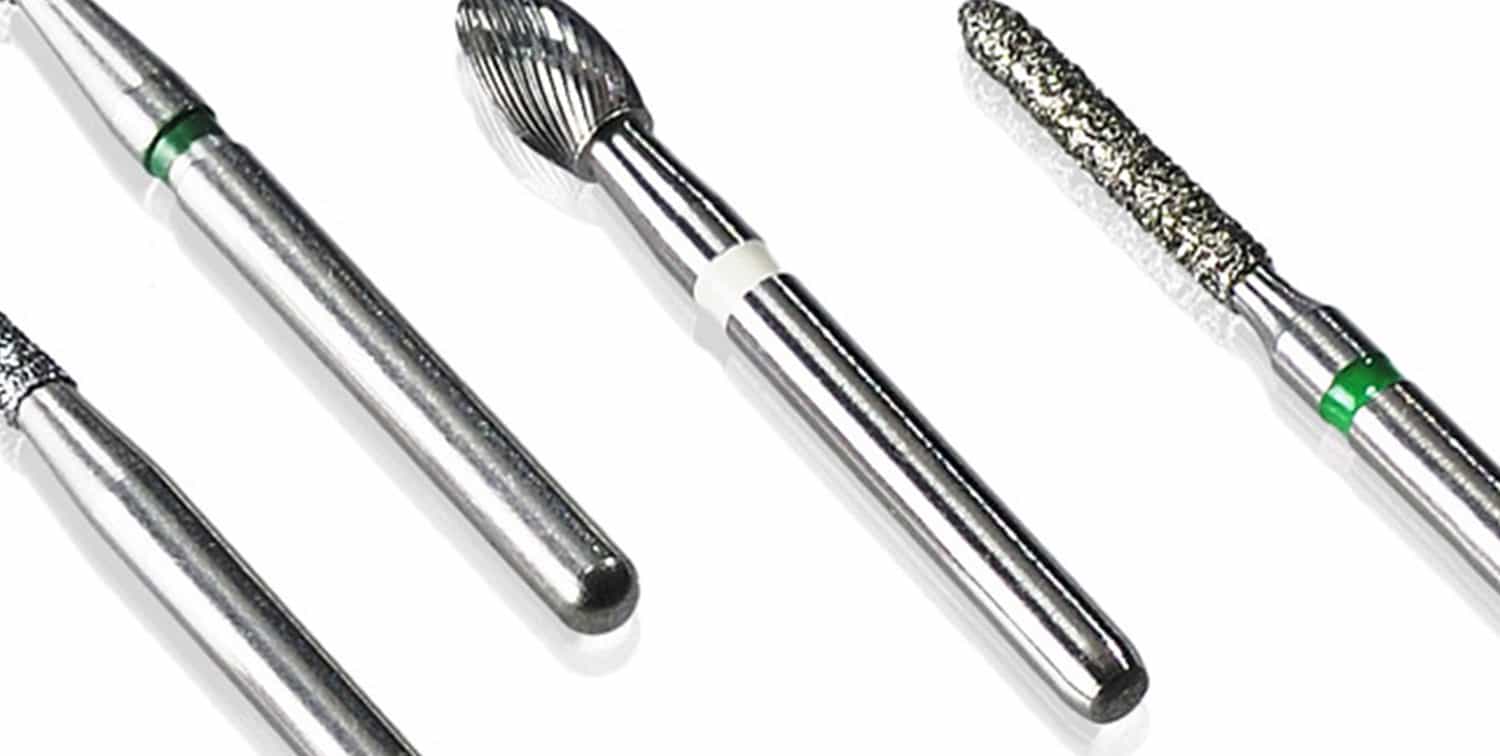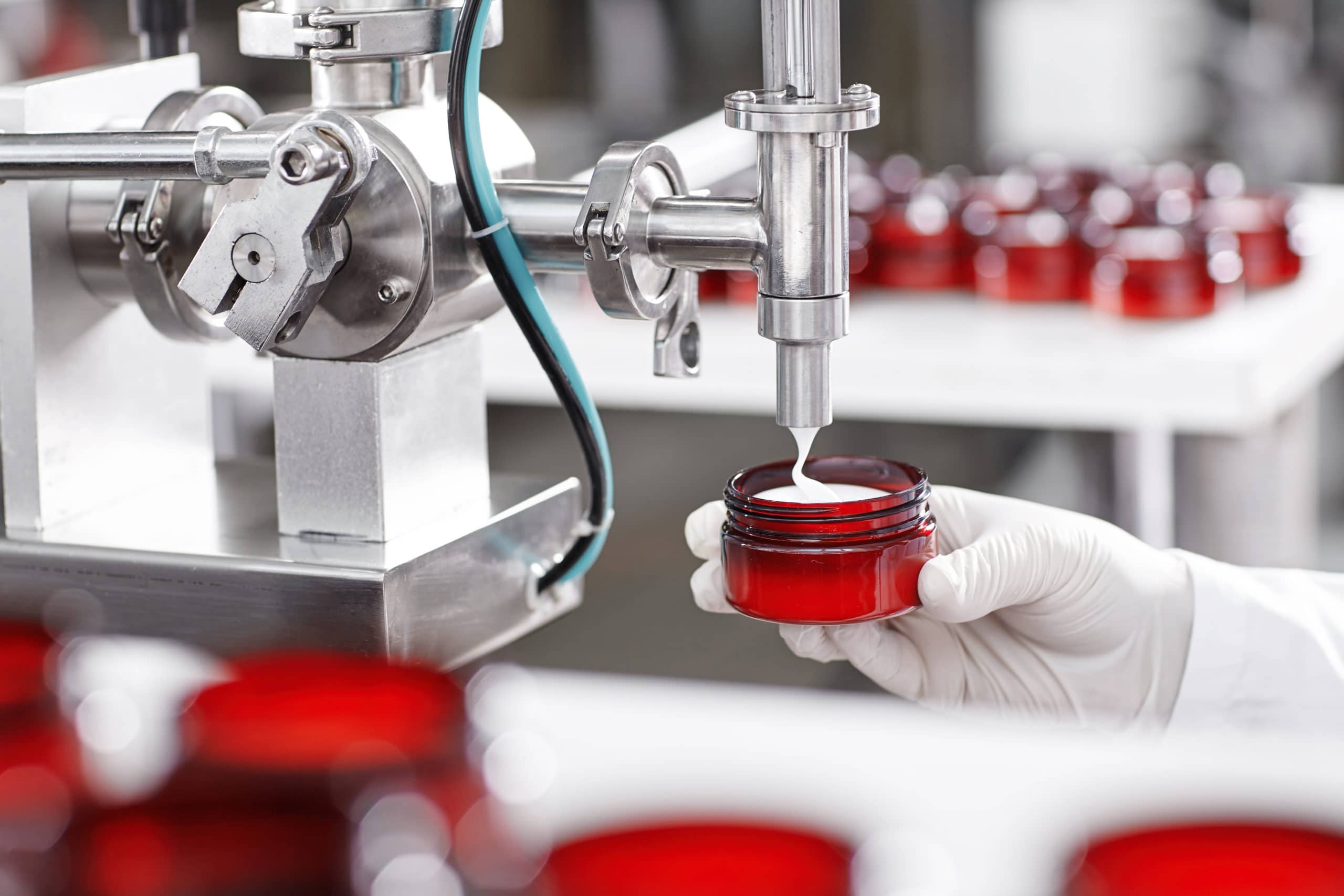gas nitriding
gas nitriding: nitriding of steel
Gas nitriding is a low temperature furnace treatment with an atmosphere of Ammonia. The nitriding process is an established and successful means of generating a hard case on a component. The aim of the process is to protect the material from wear. In addition, the strength of the material can be improved in this way.
gas nitriding process
Nitriding is another form of surface hardening of steels. It is a thermochemical process in a nitrogen-releasing environment. In this atmosphere the material is heated to a temperature between 475 and 550°C. The material is then held at this temperature for a certain time. This time can vary from a few minutes up to 120 hours. Eventually, the material is cooled down.
The desired hardness is created by the transfer of nitrides into the metal mesh. Different degrees of hardness can be achieved depending on the element used.
benefits & characteristics of the nitriding process
- Low temperature between 475 °C to 550°
- Flexibly applied – process duration modified according to the specification of the required final component properties.
- Environmentally friendly compared to serious alternatives (e.g. chrome plating).
- Clean for the component –g. leaving no heavy surface contaminant or residue.
suitable metals for the nitriding process
The process is usually performed on fully finished components which, in many instances, require no additional operations prior to assembly.
Usually, nitriding is only used on alloy steel. These have a carbon content of 0.3 to 0.4%. It is possible to nitride other materials such as stainless steel, titanium and nickel alloys, however the preferred nitriding route for those materials is plasma nitriding.
The resulting layer is relatively thin, so that changes in shape cannot be changed afterwards by grinding. However, the changes in shape during nitriding are comparatively very small. Stress relieving should be carried out beforehand. In this way, it can be achieved that the material is free from stresses, which in turn reduces the risk of shape changes.
Some of the components that are suitable for gas nitriding are:
Shafts and axles: Gas nitriding is often used for surface hardening of shafts and axles, especially those that have to withstand high loads, such as drive loads, such as drive shafts in the automotive industry.
Gears: Gears are often gas nitrided to improve their wear resistance and durability. This applies in particular to gears in transmissions that are subjected to high loads and friction.
Tool steels: Tools such as molds, dies and cutting tools can be given increased hardness and wear resistance by gas nitriding. This extends their service life and improves the quality of the machined workpieces.
Crankshafts: Crankshafts in internal combustion engines are often gas-nitrided to increase their surface hardness and thus improve the service life of the engine.
Piston rods: Gas nitriding is also used for piston rods in order to increase their surface hardness and reduce wear.
application of gas nitriding in various industries
Gas nitriding is proving to be extremely beneficial in various industries. In the automotive industry, it optimizes the wear resistance of drive shafts, transmission components and crankshafts, resulting in a noticeably longer service life of the components. Likewise, in the tooling industry, gas nitriding enables the production of extremely robust and abrasion-resistant tools such as molds, dies and cutting tools. It is also used in the aerospace industry to increase the surface hardness of components such as piston rods and improve their performance under extreme conditions. Gas nitriding gives components in a wide range of applications significantly increased performance, reliability and service life.
benefits from our services, from the idea to series production
- Development of individual innovations
- Clarification of detailed questions
- Support from the idea to series production
- First-class customer care
- Top quality – no matter whether we are talking about small batches or large-scale production
frequently asked questions – gas nitriding
What is gas nitriding?
A thermochemical heat treatment process to improve surface quality.
Which steels are suitable for gas nitriding?
So-called nitriding steels with a carbon content between 0.3 and 0.4% and certain proportions of the alloying elements aluminum and chromium.
Are there alternative methods for surface hardening steel?
Case hardening.
Are there limitations to gas nitriding?
As a rule, higher alloy steels cannot be gas-nitrided, but must be plasma-nitrided. In addition, surface hardening up to a maximum of 0.8 mm can be achieved. In classical case hardening, up to 10 mm is possible.
How long does the gas nitriding process take?
From 4 to 100 hours, depending on material and desired nitriding depth.
industries we serve
process locations
Any questions? Contact us directly or select a process location near you.
Amboise
France 47.41544421.0245775 info.amboise@aalberts-st.com +33 247 2374 74 show locationAnderstorp
Sweden 57.265275813.615284 info.nordic@aalberts-st.com +46 371 58 71 70 show locationDunningen
Germany 48.2249668.5003521 info.dunningen@aalberts-st.com +49 7403 92907-0 show locationDzierżoniów
Poland 50.732931316.6280222 info.dzierzoniow-heat@aalberts-st.com +48 515 739 056 show locationEindhoven
the Netherlands 51.47035245.419001 info.eindhoven-heat@aalberts-st.com +31 40 266 3000 show locationGaildorf
Germany 49.01621959.7588191 info.gaildorf@aalberts-st.com +49 7971 96980 show locationKehl
Germany 48.500157.82006 info.kehl@aalberts-st.com +49 7854 96470 show locationLaupheim
Germany 48.229769.83458 info.laupheim@aalberts-st.com +49 7392 70960 show locationRemscheid
Germany 51.22193897.2353813 info.remscheid@aalberts-st.com +49 2191 56200 show locationThyez
France 46.07632076.5266973 info.thyez@aalberts-st.com +33 450 3463 98 show locationVenlo (Lomm)
the Netherlands 51.44642316.1786697 info.venlo@aalberts-st.com +31 77 308 1333 show locationWerther
Germany 52.085558.42509 info.werther@aalberts-st.com +49 5203 97405 show locationPinto
Spain 40.2523494-3.7105911 info.madrid@aalberts-st.com +34 916 923 330 show locationTelford
United Kingdom 52.7205556-2.4701772 info.telford@aalberts-st.com +44 1952 677372 show locationThe Aalberts websites use cookies (read more) to analyse website usage and improve usability. We also use third party tracking-cookies to measure user preferences, enable content sharing on social media and interest-based advertising. If you hit 'accept' you allow to us to place the different types of cookies.
privacy overview
| Cookie | Duration | Description |
|---|---|---|
| cookielawinfo-checkbox-analytics | 1 year | This cookies is set by GDPR Cookie Consent WordPress Plugin. The cookie is used to remember the user consent for the cookies under the category "Analytics". |
| cookielawinfo-checkbox-necessary | 1 year | This cookie is set by GDPR Cookie Consent plugin. The cookies is used to store the user consent for the cookies in the category "Necessary". |
| cookielawinfo-checkbox-others | 1 year | This cookie is set by GDPR Cookie Consent plugin. The cookie is used to store the user consent for the cookies in the category "Others". |
| cookielawinfo-checkbox-performance | 1 year | This cookie is set by GDPR Cookie Consent plugin. The cookie is used to store the user consent for the cookies in the category "Performance". |
| elementor | never | This cookie is used by the website's WordPress theme. It allows the website owner to implement or change the website's content in real-time. |
| Cookie | Duration | Description |
|---|---|---|
| cookielawinfo-checkbox-functional | 1 year | The cookie is set by GDPR cookie consent to record the user consent for the cookies in the category "Functional". |



